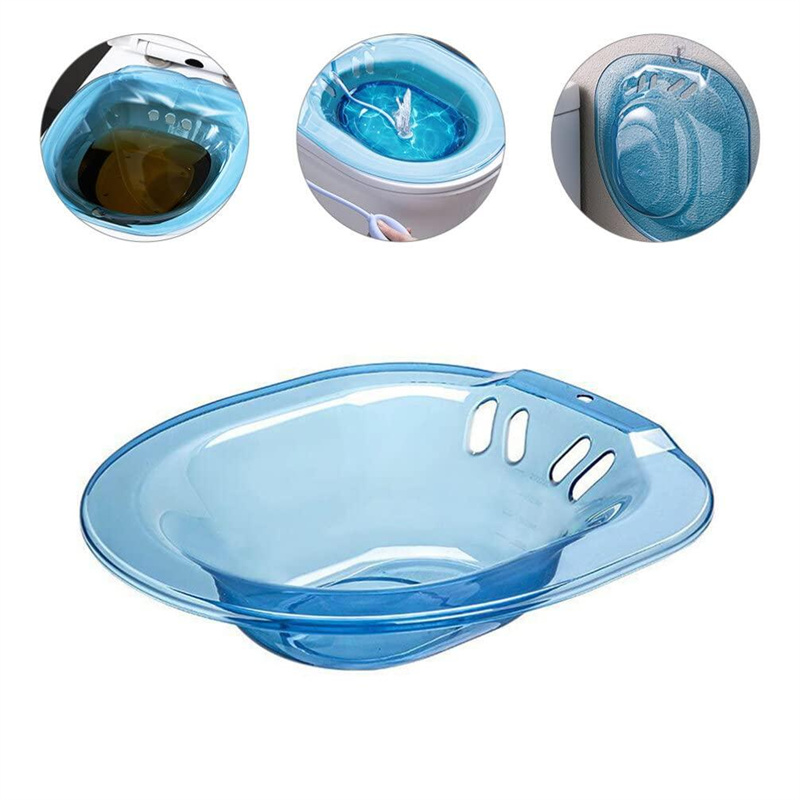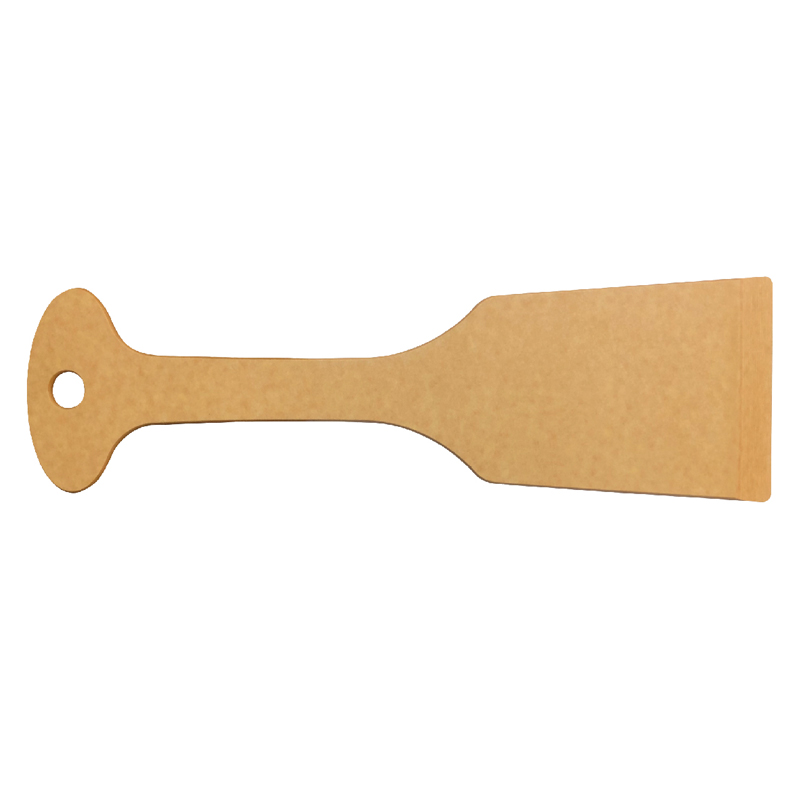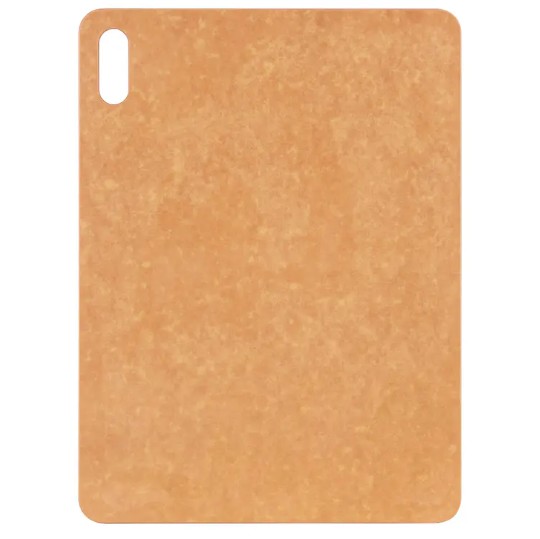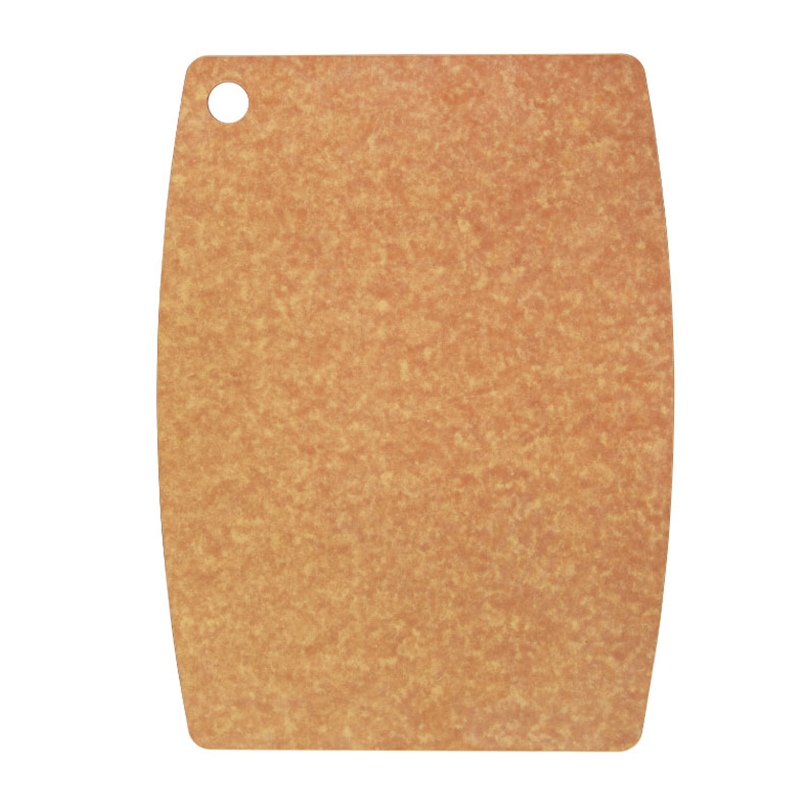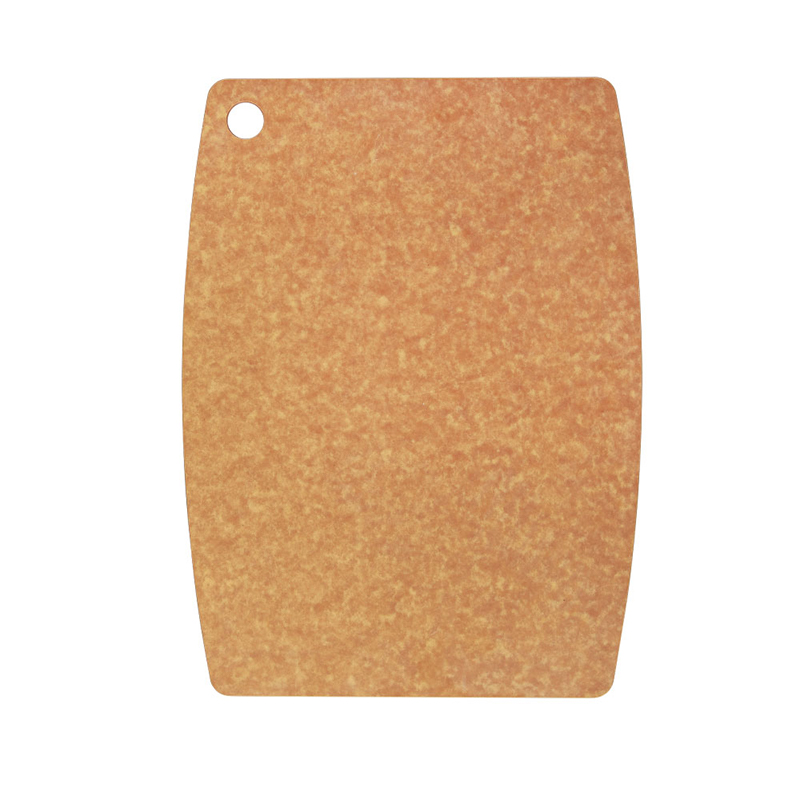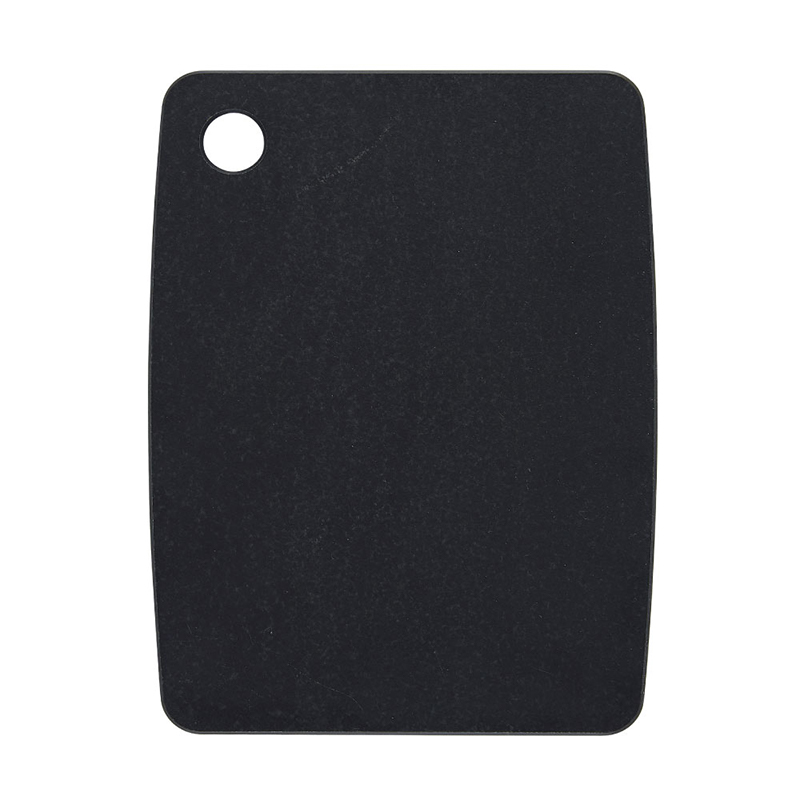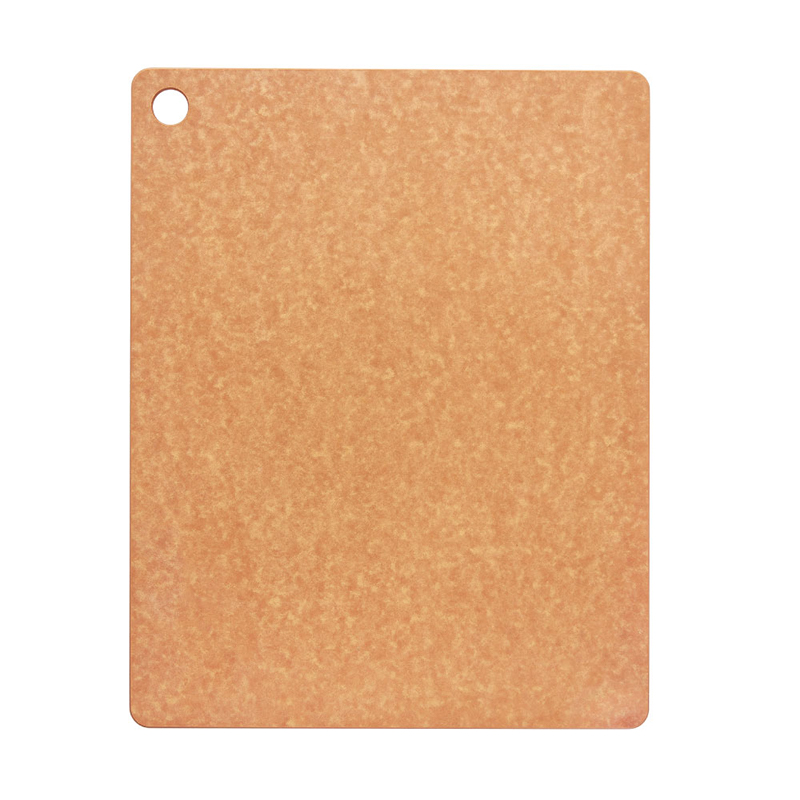-
Fiber RPET Kitchenware Products: Sustainable Design for Everyday Living
As global awareness of environmental impact continues to grow, the use of recycled and renewable materials in household goods has become increasingly important. Among the many sustainable innovations in recent years, Fiber RPET kitchenware products have gained attention for their balance between practicality, aesthetics, and environmental responsibility. These products combine recycled polyethylene terephthalate (RPET) with natural fiber reinforcements, offering a smart alternative to conventional plastic kitchen tools and utensils.
The Concept Behind Fiber RPET
RPET is derived from recycled plastic bottles and containers that are cleaned, processed, and reformed into new material. When blended with plant-based fibers such as bamboo, wheat straw, or wood fiber, it creates a composite with improved texture and structural integrity. This combination provides both strength and reduced plastic content, resulting in a material that supports sustainable resource use while maintaining the functional properties required for kitchen applications.
Functional Qualities and Benefits
Fiber RPET kitchenware is valued for its lightweight design, smooth surface, and pleasant natural look. The fiber reinforcement enhances rigidity and heat resistance, making it suitable for utensils, bowls, cups, trays, and food containers. Unlike single-use plastics, these products are designed for long-term use and easy cleaning. Their durability allows them to withstand daily handling, minor impacts, and temperature variations during cooking or food preparation.
In addition, the blending of natural fibers provides a tactile quality that feels more organic compared to conventional plastics. The subtle fiber patterns create a visual link to nature, contributing to a warm and inviting kitchen atmosphere. These features make fiber RPET products appealing to consumers who value both sustainability and design aesthetics.
Role in Reducing Waste and Carbon Impact
By utilizing post-consumer PET and plant fibers, the production of fiber RPET kitchenware reduces the need for virgin plastic. This approach helps lower energy consumption during manufacturing and smalls waste that would otherwise enter landfills or oceans. Moreover, the circular use of materials reflects a responsible manufacturing philosophy — turning discarded resources into durable household items that extend their lifecycle.
The lightweight nature of the material also contributes to lower transportation energy requirements, which further supports a reduced carbon footprint throughout the product’s life cycle. When disposed of correctly, these items can be recycled again, supporting the ongoing circular economy model.
Design Versatility and Consumer Appeal
Manufacturers of fiber RPET kitchenware can mold the material into a wide variety of shapes and colors, making it versatile for different kitchen needs. From serving trays and salad bowls to measuring cups and cutlery sets, the material adapts well to modern household requirements. Designers often emphasize small and natural finishes, ensuring the products complement a range of kitchen styles—from contemporary to rustic.
Furthermore, fiber RPET products meet the growing demand for environmentally conscious living without compromising usability. They demonstrate that sustainability can be practical and stylish at the same time.
A Step Toward Responsible Living
The growing adoption of fiber RPET kitchenware reflects a shift in consumer habits and industrial priorities. By transforming recycled materials into functional, visually appealing kitchen products, this technology encourages households to participate in resource conservation. While no single solution can address the entire challenge of plastic waste, fiber RPET products represent a meaningful step toward a more balanced and responsible lifestyle.
In essence, fiber RPET kitchenware exemplifies how thoughtful material innovation can blend sustainability, performance, and aesthetics — bringing positive change to the way people cook, serve, and enjoy meals in their everyday lives.

 日本語
日本語 English
English 中文简体
中文简体